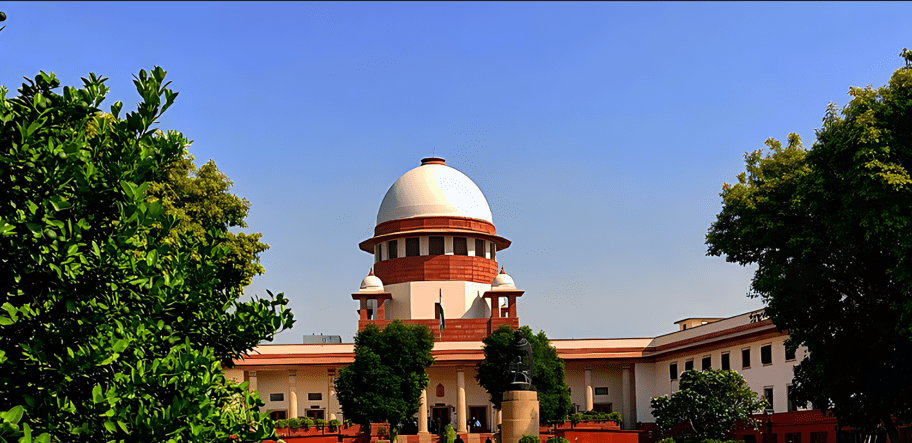
Keywords: The Supreme Court, Caste-based survey, Transgender rights, Discrimination, NALSA
A petition has been filed in the apex court against the Bihar government for including transgender or hijra in the caste list while conducting the caste survey in the state last month. This inclusion is discriminatory on the basis of the right to self-determination and right to identity of third gender. It violates several constitutional rights.
The Bihar government has conducted a caste-based survey that was started in January 2023, in order to compile data of each family according to their caste at panchayat and district level. The Supreme Court issued a temporary stay in May on the caste-based survey being conducted by the Bihar government as it violates the fundamental and constitutional rights of individuals mentioned under art.14 (right to equality), art.15 (right against discrimination), art.21 (right to life) and so on. Even though the Patna High Court given its verdict upholding the exercise of caste-based survey as its perfectly valid initiation with due competency and dismissed the petitions which were challenging the caste-based survey. Further, multiple petitions have been filed in the apex court challenging the ruling verdict of the Patna High Court to uphold and complete the caste-based survey.
One of the trans activists named Reshma Prasad has challenged the decision of the state government to entitle a separate caste identity to the transgender and include them in the list of 214 castes for the commission of the survey. It has been argued that the inclusion is unconstitutional, arbitrary and against the spirit and chastity of the precedents of the apex court, reflects in the judgment of NALSA v. Union of India (2014) which recognized the fundamental and constitutional rights of the transgender specially the right of gender self-identification. Firstly, the petitioner approached the Patna High Court affirmed that the inclusion of transgender identity within caste category was erroneous but refuse to interfere in the process. Though the hon’ble court recommended to represent the petition in the apex court. The petitioner argued before the court that the aforesaid inclusion violated several fundamental rights of the transgender including art.14 (right to equality), art.15 (right to prohibition against discrimination), art.16 (equality of opportunity in public employment), art.19 (1)(a) (freedom of speech and expression) and art.21 (right to life and liberty) as well as such inclusion is contrary as per the provision of Transgender Persons (Protection of Rights) Act, 2019, including sec.8 of the act that mandates the welfare of transgender individuals irrespective of any kind of discrimination. Conclusively, it has been argued that the state government has no authority to recognize such an improper classification of transgender community under the caste category and it has led to the violation of rights and discrimination along with the denial of gender identity of the transgender.
The bench led by Chief Justice K Vinod Chandran opined that the intention of the state government was not to provide caste-based benefits rather it was to identify the communities who requires the social, economic and educational support for their upliftment in the society and to maintain equal social status along with a standard living condition.
Name- Aayushi Arun Satyadeo , College Name- Bharati Vidyapeeth University, New Law College, Pune., Sem- IIIrd, an intern under Legal Vidya




0 Comments